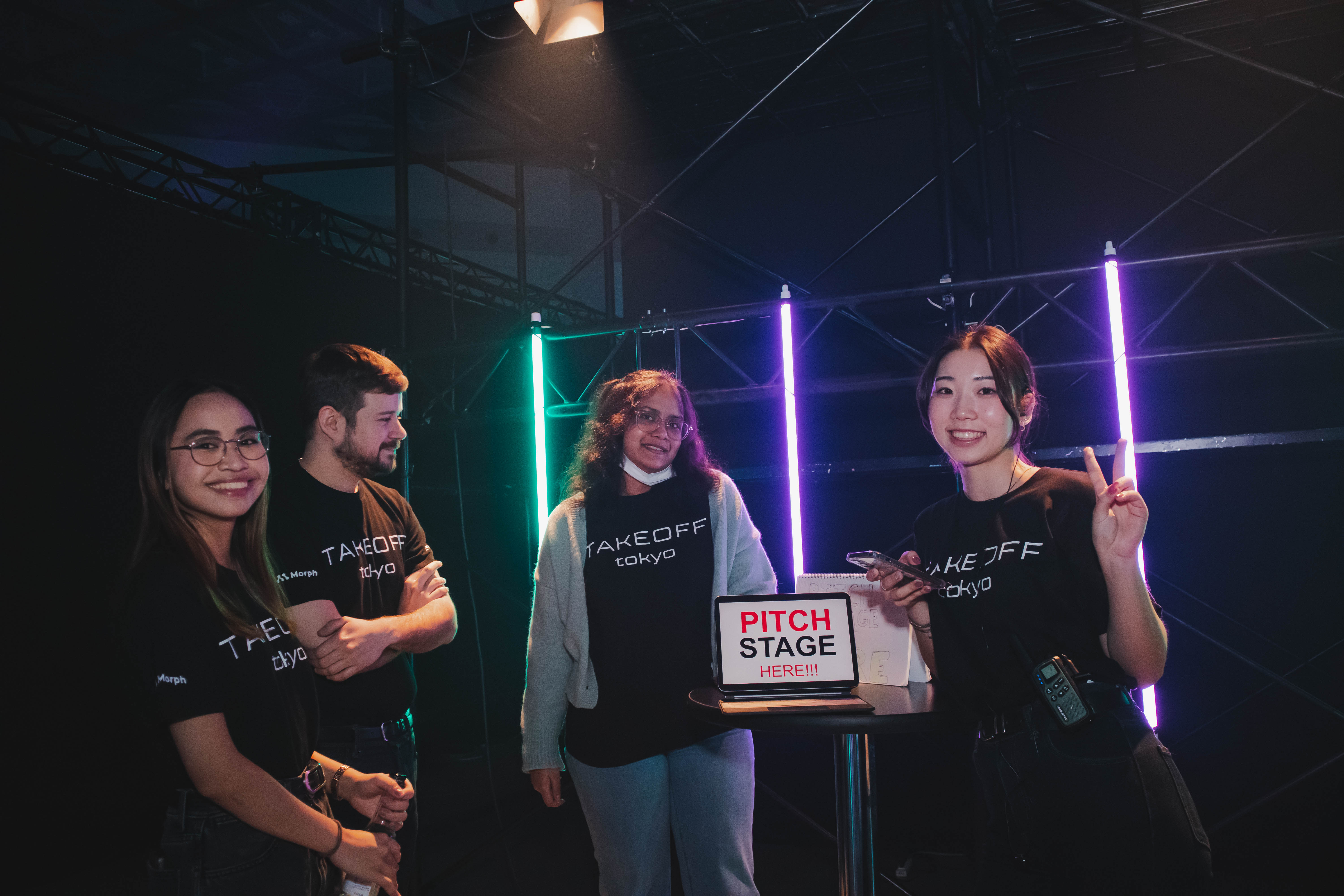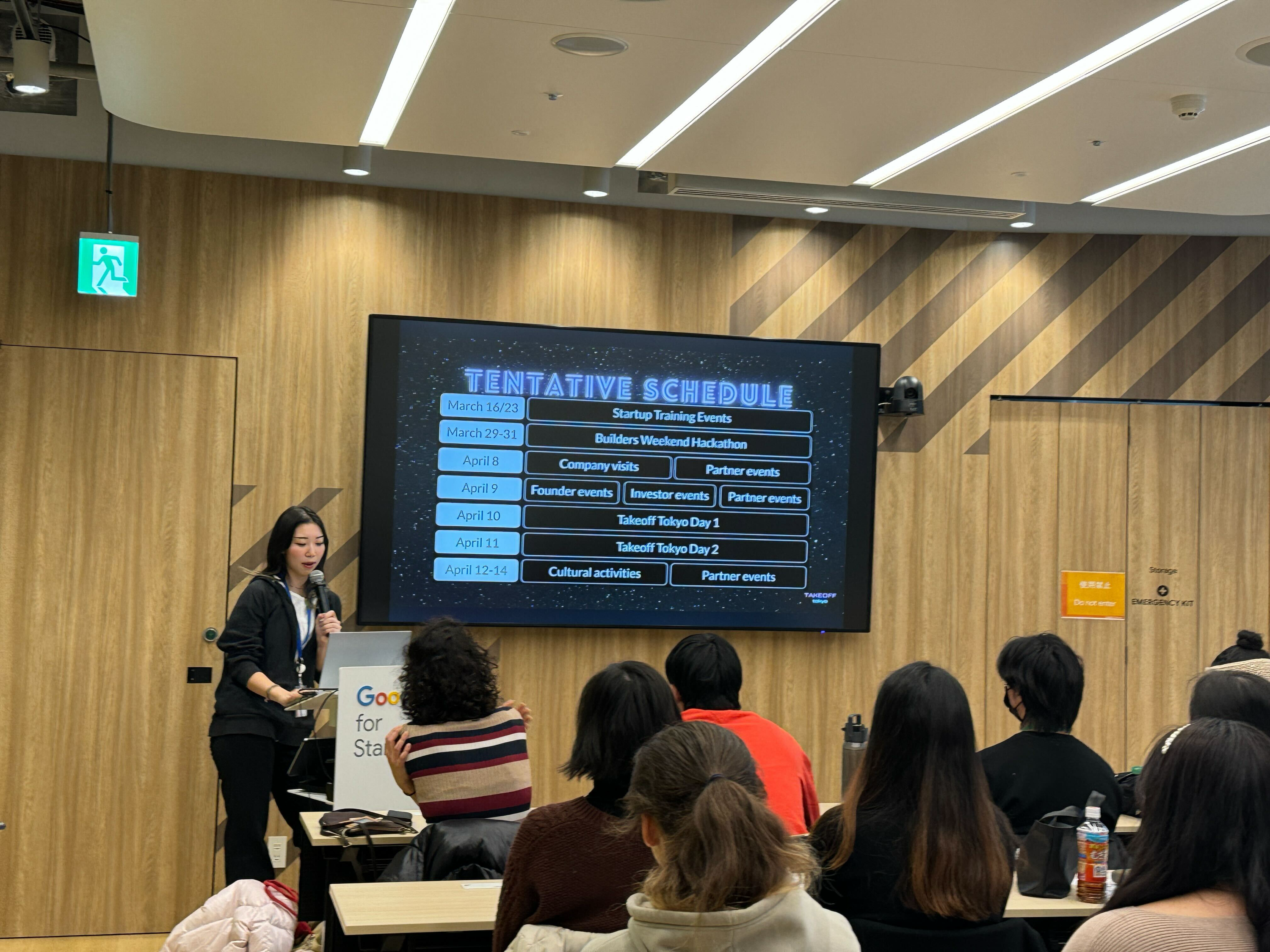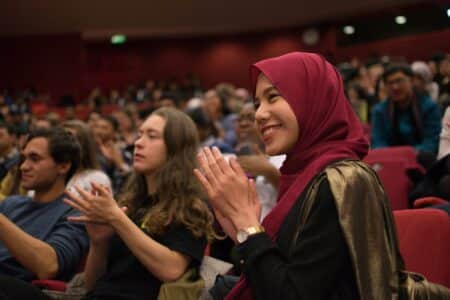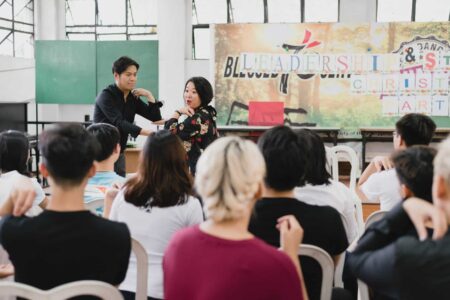
Since the launch and rise of ChatGPT and other artificial intelligence (AI) platforms, the use of AI in education has surged exponentially.
Ayaka Sanui has experienced it first-hand herself.
The final-year student at Japan’s Keio University, pursuing a BA in Environment and Information Studies, has become Fox Academy’s AI Community’s first student president.
This platform specialises in AI courses and is on a mission to empower professionals and new entrepreneurs. It originated from India and expanded to Japan around two years ago.
There, courses – available in both English and Japanese – are designed and delivered by top industry experts from India and Japan, ranking among the top 1% in their fields.
The focus is on collaborative learning and unique opportunities for Japanese students to work directly with students of leading Indian universities and AI professionals.
Those who use Fox Academy’s services are in good hands — even those who do not come from a background in or related to AI, like Sanui.

Sanui spent one of her university years abroad in Canada at the University of British Columbia. Source: Ayaka Sanui
The journey to discovering AI in her studies
Sanui has lived in Brazil, Taiwan, the US, and Japan. She even spent a year in Canada as an exchange student after a great experience during a high school trip.
There, she joined the University of British Columbia (UBC)’s BS in Applied Biology, Microbiology, and Immunology programme.
Now, in the last stretch of her undergraduate studies, Sanui is keen to learn and experience more, especially through the use of AI in education at Fox Academy.
It all starts with Sanui’s major in molecular biology and extended interest in sociology and data science, primarily because her research topic involves viruses.
“I don’t do a wet lab with actual experiments and stuff; everything’s more focused on bioinformatics, which is all done on the computer,” explains Sanui. “So, while I’m not a computer science student, I work with programmes like Python for my research, so I guess that’s where my interest in data science comes from.”
At UBC, Sanui seized the opportunity to take courses related to data science, as her home university wasn’t offering them.
While she sought to explore more about the social context and technical workings behind data science, she quickly found even better results by relating a topic such as bioinformatics with data science and computer science.
“I’m using public databases for my studies, and there’s this notable difference in numbers for all these viruses because all the research was conducted differently or not focused on specific questions for one reason or another. One key thing I learned in my sociology class is that data usually involves some bias,” she says.
“Now, with AI and machine learning algorithms being so popular, it shows the bias that we inherently have even if we don’t notice it. Like, despite what people might think, computer output isn’t necessarily unbiased, so that’s where my interest in AI kind of started.”

Sanui, first from the right, was part of the core team of people behind Takeoff Tokyo. Source: Ayaka Sanui
The use of AI in education: How to make it work for you
Sanui’s first opportunity to work with AI outside of academia came when she was invited to help at Takeoff Tokyo, a conference aiming to connect Japanese and global startup ecosystems and build global success stories from Tokyo.
There, she joined the core team and helped organise the event, including recruiting volunteers and training them for the day of the event.
It was at the conference that she came across Fox Academy.
“In India, so many people are into tech, and they’re taking online courses for it outside of their regular schoolwork,” says Sanui. “Whereas in Japan, you don’t hear much about it. Like Coursera, for example. Some people know it, but it’s not a many.”
One reason for this, Sanui guesses, is that not many courses are offered in Japanese. Either that or the content doesn’t reach the audience, leading many to believe that upskilling themselves beyond their current professions and talents isn’t even an option.
So, imagine Sanui’s surprise when she gave one of Fox Academy’s courses a go and walked away impressed with what she experienced. “Their main goal is to produce people who will become future leaders in the AI industry or related fields, as well as to have those people shape AI’s development in the future,” she says.
And that’s where Fox Academy’s AI Community comes in.
This student community aims to provide a space for those interested in learning about the technical aspects of AI to get together and gain insight into the industry.
View this post on Instagram
For Sanui, who has spent the past year shifting her focus from just molecular biology to molecular biology and data science and working on both of them at the same level, Fox Academy and its AI Community is the bridge she needed to pursue her interest further.
It’s simply a bonus that Fox Academy is adding to the startup scene in Japan while helping non-technical majors get their foot in the door. In fact, two of Sanui’s team members whom she met at Takeoff Tokyo are economics majors interested in startups, tech, and how to use AI in their work.
“We don’t just want people who are experts in technical stuff. We want people from all majors because we really think that interdisciplinary research, or just various topics in general, are really important,” she says.

Sanui, fourth from the left, and the participants of Fox Academy’s first workshop in Japan. Source: Ayaka Sanui
On the path to helping others find their way in AI and beyond
In early July 2024, Fox Academy hosted its first workshop around the theme of “No-Code Tools x AI” where participants learned how AI tools can be incorporated into no-code website building.
It is the first of many future events, and Sanui’s hope is that the academy will eventually be able to cover science-related matters.
“I feel like school courses mostly focus on introductory or advanced courses and don’t offer much of an in-between,” says Sanui. “You just have to apply what you know and learn yourself, so it’s all very hands-on.”
For those who can’t learn this way, Fox Academy offers the solution — complete and comprehensive coverage of what you need to know, from the basics to the intermediate and advanced lessons.
“By the time you finish a course, you have all the resources to kind of start just applying your skills to create a project, for example. So I think that’s really nice to have support for basically all levels,” she says.
It’s something that Sanui can appreciate, especially after experiencing the difference in learning systems in both Japan and Canada. The latter was where she found more freedom in her schedule to decide what courses would work best for her and a suitable level of difficulty to master before moving to the next step in the equation.

Sanui’s experience as an international student and her proficiency in Japanese and English is a boost when it comes to her role as student president. Source: Ayaka Sanui
Beyond that, her international experience is a great asset to have as the AI Community’s first student president.
One problem that Sanui is trying to solve is the division between international and Japanese students. Despite the many student clubs available, the language barriers and cultural differences mean these two groups don’t have much chance to interact and engage with one another.
“Some Japanese students might focus more on job hunting with a local company, while international students focus more on building international connections,” explains Sanui. “As a Japanese person who also understands things in an international context, I guess it’s somewhat easier for me to reach both audiences.”
While this AI learning journey is for all students alike, Sanui is also experiencing it alongside them as a student president, undergraduate student, and English tutor.
“I definitely understand that there are many issues that have risen from AI, but I guess that is one of the things that I want to work on through this community so that we can really think and discuss the ethics behind AI and the data integrity within it all,” she says.
“I would like to spread awareness about whether AI becomes ‘good’ or ‘bad’, it really just depends on how we deal with it.”
For now, Sanui is focused on completing her undergraduate degree before setting her sights on a master’s degree abroad.
“I plan to study biomedical sciences, maybe something like medical data science, because I really like the aspect of bioinformatics,” she says.
“It’s really cool that everything’s online, and I’ve always found coding and computer work fascinating. Maybe I’ll become like a bioinformatician, so we’ll see what happens.”










